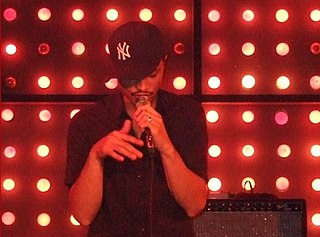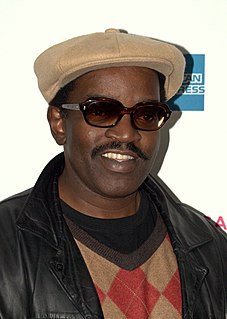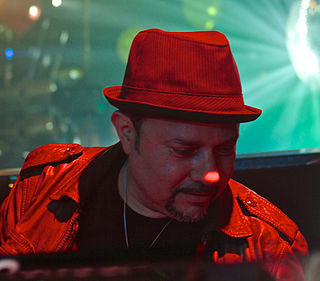A Quote by Robert Glasper
Around 2009, my audience started getting a lot more mainstream - younger people, R&B and hip-hop fans mixed in with the jazz audience.
Related Quotes
The current state of music journalism is not bad, but it's not great at all. Some of the hip-hop stuff people get into is exciting, because there's a passion and there's something to explain to a more mainstream audience, so you get these passionate writers who want to express their love for rap and hip-hop, which is cool. But there are too many magazines, and the access has been diminished, so the quality of profiles has gone way down. Internet stuff can be really good, though. I like the dialogue between fans on the Internet. I think that's the best rock writing that's going on right now.
The average age of the Jazz audience is increasing rapidly. Rapidly enough to suggest that there is no replacement among young people. Young people aren't starting to listen to Jazz and carrying it along in their lives with them. Jazz is becoming more like Classical music in terms of its relationship to the audience. And just a Classical music is grappling with the problem of audience development, so is Jazz grappling with this problem. I believe, deeply that Jazz is still a very vital music that has much to say to ordinary people. But it has to be systematic about getting out the message.
I see that happening with hip hop purists now. Where you have an artist like a Kendrick [Lamar] or a Drake, who are really trying different things emotionally, different things musically, and on a mainstream level. And you have underground hip hop fans dissing it, for the simple fact that it's mainstream - not because what they're doing is whack, or what they're doing is not sincere.
Somewhere down the line, the evil ones stole the legacy of hip hop and flipped it to a corporate type of hip hop. They decided to tell everybody 'Well, this is what hip hop is,' instead of coming back to the pioneers and getting the true definition of what hip hop is and what it was and what we been pushing for all these years.
































